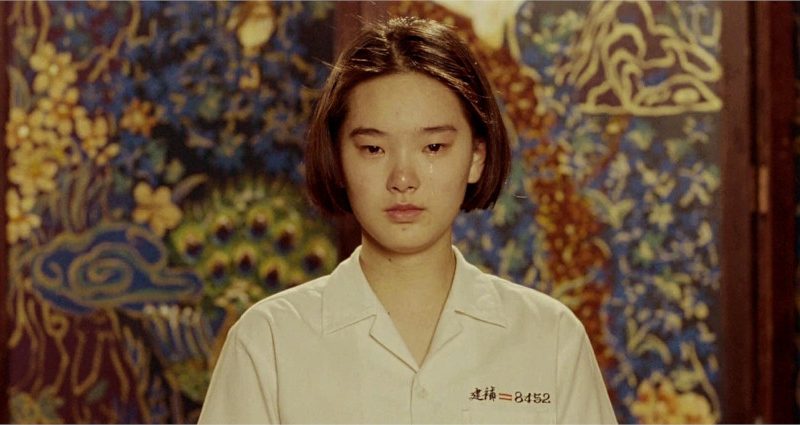A Brighter Summer Day: In Remembrance of Yang
In this article, Yus reflects on how Edward Yang’s A Brighter Summer Day (1991) portrays the devolution of ethics and rise of immorality in modern Chinese society.
A Brighter Summer Day is one of the most beautiful works from the early 1990s. Brilliant in its ability to recall transitory episodes and recreate specific details that make you feel as if you’re living in the politically turbulent Taiwan of the early 1960s, while also having enough scope and emotional resonance to universally capture the angst-filled years of early teenhood irregardless of ethnic boundaries.
A Brighter Summer Day is an epic poem that will make even the most all-encompassing biopic seem pale by comparison (despite the fact that the film only takes place over the course of a year).

Initially released in 1991, critically acclaimed in Taiwan and Japan, but largely overlooked in the west, where it developed an almost mythical status, A Brighter Summer Day, now more accessible than ever, is largely considered to be the defining masterpiece of modern Asian cinema, one that sits above all else. Part of it is due to its sprawling and unparalleled scale; with four hours running time, ensemble of over a hundred characters (about a dozen of whom remain quite memorable), and rich albeit loose storylines that resemble contemporary episodic narrative.
In this film, Edward Yang, who only made seven features before passing away at the age of 59, chronicled almost all facets of life in Taiwanese society during the 1950s-1960s, where violence was inseparable from the search for collective identity and individual lives had close to no value.

However, A Brighter Summer Day can still get over-excessive at times. Its abundance of meaningful moments and deeply-layered social commentary, all framed in picture-perfect composition and flawlessly choreographed blocking, made it even more inevitable for Yang to stretch himself too thin over the medium of a single movie.
While the four hours running time does not feel overly long due to the episodic nature and generally playful vibe of the narrative, the structure does feel disjointed at times, especially between the second and third hour, where scenes are arranged in such seemingly random order that each succeeding one almost cancels out the impact of the previous one (pairing a massacre and essentially one of the bloodiest scenes in the film with sneaking out for first kisses during night school gathering, for instance).
The last hour feels like the weakest, as some of the thirteen and fourteen year old characters suddenly behave and talk like adults that blatantly spell out some of the film’s subtler messages in order to dramatically lead the film to its tragic climax. The first and second hour are the real masterpiece here; more self-contained, less self-important, and in finer control of its ambitions. If they had been split from the rest of the film, it might actually have made for a better film, at least in our opinion.
Ultimately, A Brighter Summer Day is undoubtedly still one of the most important movies, if not THE most important movie about the devolution of ethics and rise of immorality in modern Chinese society (or in other words, what it’s like to grow up ‘Chinese’ in the 20th story). However, watching it is perhaps more akin to taking a stroll at one of the most comprehensive art and history museums in the world, rather than sitting through a specifically curated experience that feels precise and whole.
Yusgunawan Marto, Jakarta Cinema Club
Yusgunawan is a Director/Cinematographer and senior writer at Jakarta Cinema Club
Also read: On Terrence Malick Badlands: Love and Anti-establishment





Pingback: On 27 Steps of May: A Mystery, A Room to Think - Jakarta Cinema Club
Pingback: A Brighter Summer Day: Apakah Semanis Judulnya? - Jakarta Cinema Club